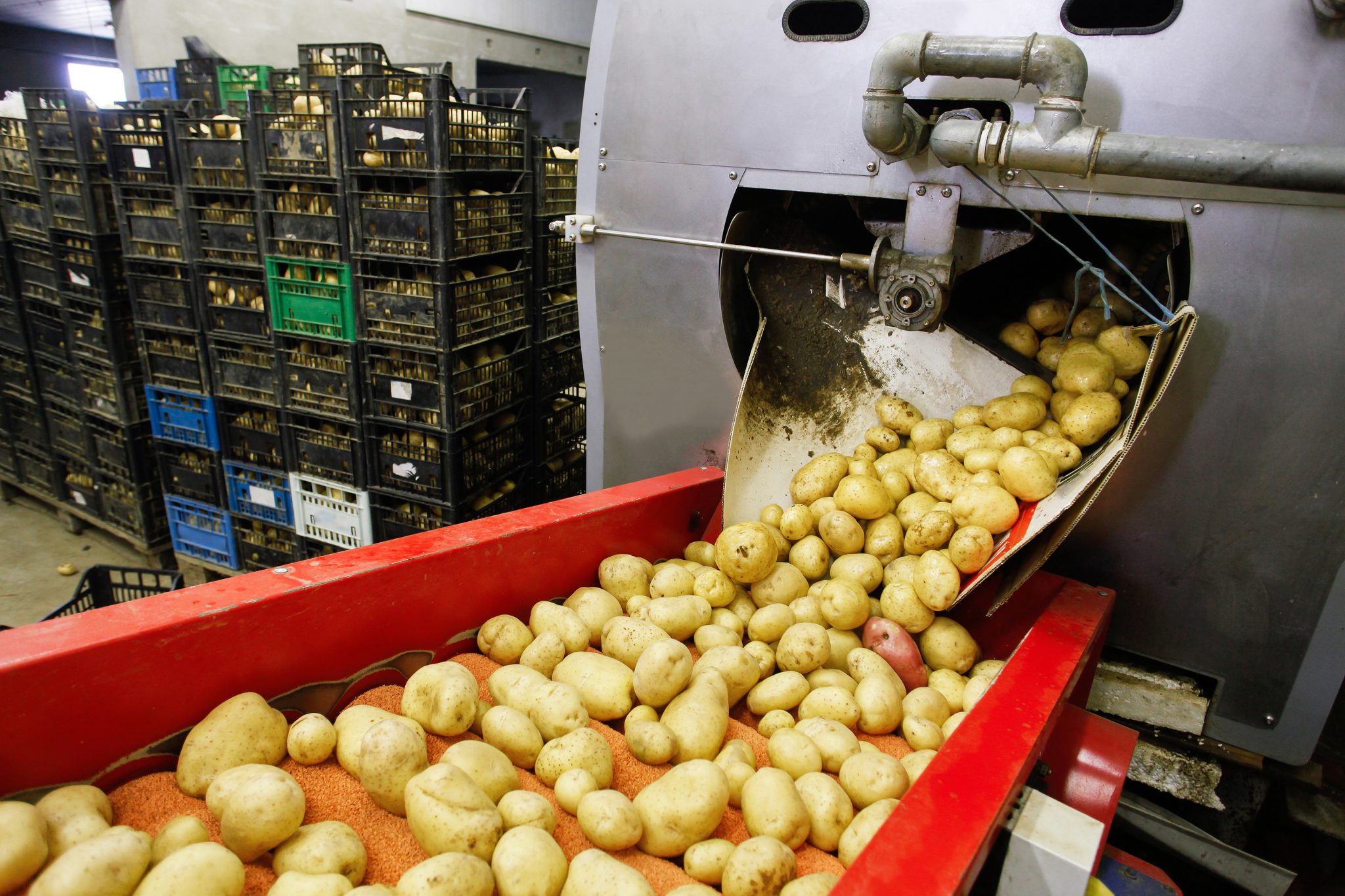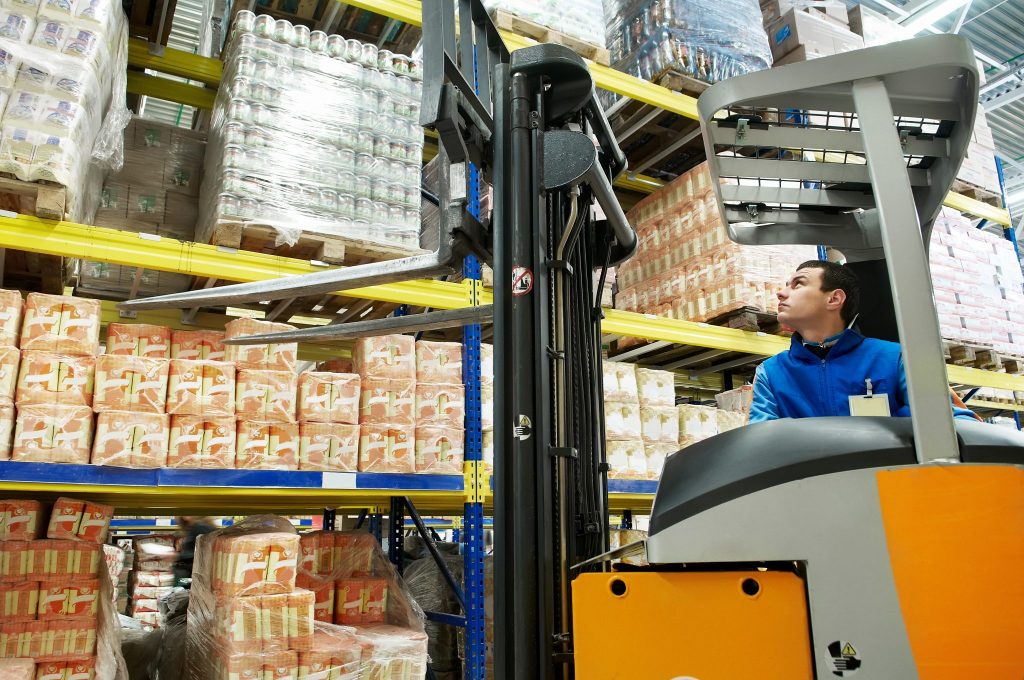The global food certification market was estimated at USD 8.45 billion in 2017.[1] It is projected to reach USD 11.45 billion by 2023. Food certification is a process that allows a business to demonstrate compliance to food safety and quality standards. Certification is achieved through independent and reliable third-party audits of manufacturing or storage sites. It is voluntary or requested by the supply-chain.
There are three reasons for this growth:
-
- Increasing consumer awareness for certified products
-
- A surge in foodborne illnesses
- More stringent food safety regulations
The Food Industry and Compliance with the FSMA
Since 2011, the food industry has worked to comply with the US Food Safety Modernization Act (FSMA) and regulations. These requirements apply to US and foreign companies that manufacture, process, pack, or hold human food for consumption in the US. The law grants the US FDA mandatory recall power and strengthens the food safety system, relying on hazard prevention. The economic impact of FSMA is already being felt with the rise of technology solutions, analytical tools and other educational services touted to promote FSMA compliance [2]. We are also seeing demand for food safety training and certification services that target food storage and distribution centres.
The Global Food Safety Initiative (GFSI) has also fielded numerous inquiries from industry stakeholders on whether certification to GFSI-benchmarked schemes (SQF, FSSC22000, BRC) are comparable to the FSMA standard. The answer from GFSI has consistently been the following: “You are likely close, but not necessarily completely compliant.”[3]
Thus, for businesses who have received PCQI training and who have implemented cGMP and food safety plans based on the US Preventive Controls for Human Food, becoming certified to a GFSI-benchmarked certification such as Safe Quality Food (SQF) may not be onerous.
SQF, whose motto is “One World. One Standard”, aims to offer robust and internationally recognised food safety programs from farm to fork. SQF is owned by the SQF Institute, a division of FMI, the Food Marketing Institute. FMI represents the interests of the food retail industry (U.S. members comprise 40,000 stores and 25,000 pharmacies). Annual sales are reported to reach $770 billion.[4]
Already FSMA-compliant? Additional requirements to consider for SQF Certification
If your site is FSMA-compliant, you already meet key programs under SQF, such as the food safety Legislation and Approved Supplier Program requirements, as well as programs related to Environmental Monitoring (applicable to manufacturing sites).
However, the following items will still need to be addressed and documented.
Management Commitment to Achieve Food Safety
-
- Designation of one SQF practitioner per site, formally trained in HACCP.
-
- Allocation of resources towards implementing and managing the SQF food safety system.
-
- Identification of training needs to sustain food safety activities and meet objectives.
-
- Establishment of blackout periods for unannounced audits.
-
- Scheduling time to perform management reviews.
- Scheduling time to conduct monthly SQF updates.

Food Safety Plan Compliant with Codex HACCP
- Your food safety plan needs to demonstrate adherence to Codex HACCP guidelines. Your preventive control plan may therefore need changes, or you may decide to develop a separate plan to meet SQF requirements. Under SQF, the frequency for the review of the food safety plan by the HACCP team is a minimum of once a year or when changes occur.
System Validation and Verification
-
- Verification applies to the entire system including good manufacturing or storage and distribution practices, or both. GMP/GDP programs must be proven effective.
- Validation of CCPs is performed before the food safety plan is implemented. Product is released to market once all inspections and tests are completed and food products meet regulatory and customer specifications.
Food Fraud Vulnerability Assessment and Mitigation Plan
- One of the “pillars” of FSMA is to address intentional adulteration of food. FSMA requires that a food defense plan be developed, and controls implemented towards preventing product tampering. While provisions for Food Defense are available in the SQF code Edition 8.0, the standard also calls for a detailed food fraud vulnerability assessment and mitigation plan (note that this requirement is not mandatory and may be exempted with justification), the guidance document for SQF Module 2 (Edition 8.0) lists the following prescriptive requirements: “there is a current, documented vulnerability assessment in place that identifies key ingredient vulnerabilities including justification for their inclusion. The methodology for selecting the key ingredient vulnerabilities shall be available.”
Proficiency testing programs for onsite personnel that conduct environmental or product testing
- SQF training requirements go beyond the ones required under FSMA. The FDA training requirements state that employees “have the necessary combination of education, training, and/or experience necessary to manufacture, process, pack, or hold food that is clean and safe. Individuals must receive training in the principles of food hygiene and food safety, including the importance of employee health and hygiene as appropriate to the food, the facility and the individual’s assigned duties”. SQF has similar training requirements under Element #2.9 but also requires that the performance of employees conducting environmental or analytical testing be validated through proficiency assessment programs.
Internal Audit Program
- The SQF code requires that formal internal audits be completed annually to verify compliance with the SQF requirements. This verification activity is one way to demonstrate continuous improvement, an SQF system element. Non-conformities identified during the internal audits must be addressed and documented through the Corrective Action/Preventive Action (CAPA program).
Traceability and Recall Program
- Under SQF, a Recall plan must be maintained regardless of the outcome of the hazard analysis. If the hazard risk assessment does not identify the need for a CCP or Preventive control, a Recall program is still required and must be challenged annually.
Good Manufacturing Practices Requirements
- While cGMP and SQF GMP/GDP requirements are aligned, the SQF code uses language that is specific and must be used in your written program. Examples from Module 11 are as follows: 11.3.2 Hand Washing, 11.3.4 Jewelry and Personal Effects, 11.4.1 Staff Engaged in Food Handling and Processing operations, 11.2.12.4 Pest Prevention, 10.6.4.5 Storage of Hazardous Chemicals and Toxic Substances. Ensure that employees are trained and compliant on these specific requirements.
The SQF standard also requires that specifications be developed for product, equipment and materials. Specifications also apply to contracted services and service providers that may impact product and process. In addition, a crisis management and new product development programs (where applicable) must be documented.
To conclude, it may be advantageous to FSMA-compliant businesses to register for SQF certification. The certification process will ensure that management and employees are audit-ready and knowledgeable/trained on food safety requirements, including FDA requirements. The SQF code version 8.0 also offers the option of annual unannounced audits. These sites, if successful, are recognized on their certificates as an “SQFI select site.” For small businesses that are not quite ready to undergo GFSI benchmarked audits but wish to start the certification journey, implementation of the SQF Fundamentals Edition 1 food safety programs, based on the GFSI Global Markets Programme Toolkit, may be a more viable option.
Get in touch with Sirocco Consulting to learn about SQF certification and how it can help your business
[1] Food Certification markets. Markets and Markets, 2019.
[2] Carlson, Lori. 8 Food Industry Trends Fueled by FSMA. Food Safety Tech, September 19, 2016.
[3] Does GFSI Certification Equate to FSMA Compliance? GFSI, 2017.
[4] History & Our Members.FMI, 2019.


